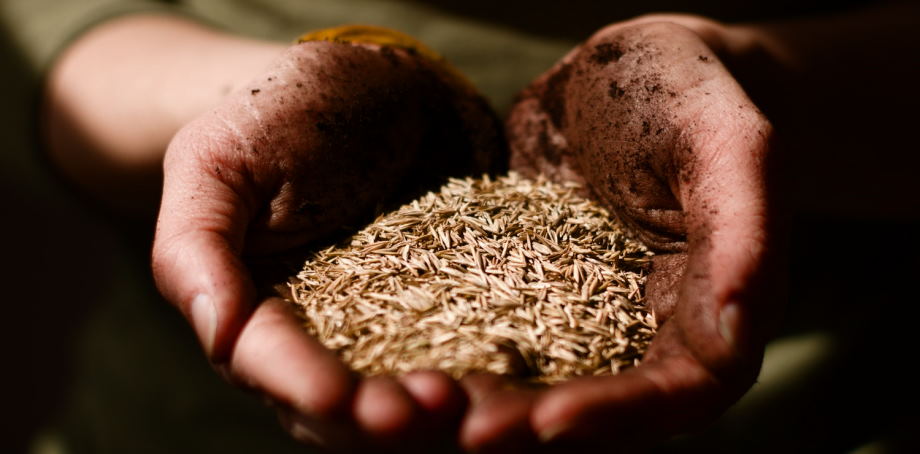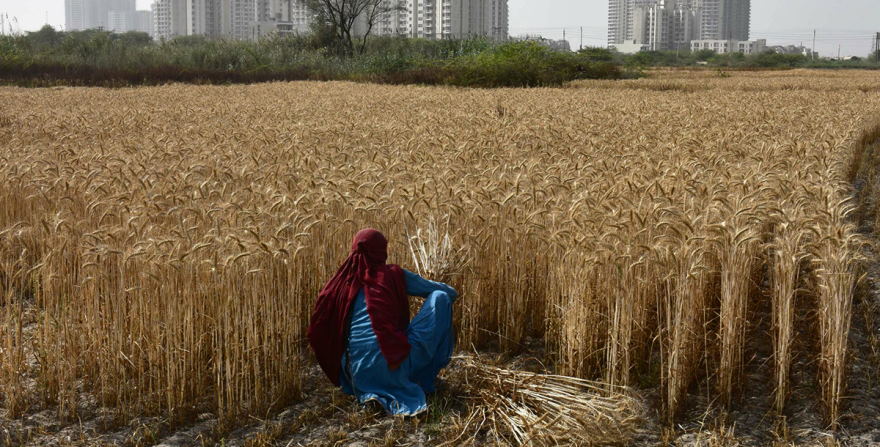Record numbers of people around the world are going hungry due to climate change, finds a new report from the United Nations. The study shows that climate change has worsened droughts and floods, causing crops to fail and ruining livelihoods, but it has also pushed up food prices beyond the reach of many families. This devastating indictment of our negligence in tackling climate change underscores the need for urgent action.
Climate change is a hunger issue
Climate change is one of the main drivers of hunger and malnutrition around the world. It jeopardizes food security by affecting both the quantity and quality of crops, as well as water availability. Climate shocks such as floods and droughts are also becoming more frequent and intense, making it harder for families to recover from crop losses or livestock deaths. In addition, climate change can lead to price hikes for food staples, making them unaffordable for many people.

The impact of climate change on food security is already being felt by communities across the globe. In sub-Saharan Africa, a region that is particularly vulnerable to climate variability and extreme weather events, droughts have become more common and more severe. This has led to widespread crop failures, leaving millions of people without enough food to eat. In Bangladesh, another country that is highly vulnerable to climate change, rising temperatures and flooding have destroyed crops and caused widespread food shortages.
The effects of climate change on food security are likely to become even more pronounced in the future. As the world continues to warm, droughts and floods are expected to become more frequent and more intense. This will make it even harder for farmers to grow crops and for families to access reliable sources of food. With global hunger already at crisis levels, climate change presents a grave threat to the ability of people around the world to lead healthy and prosperous lives.

Things you need to know about climate change and hunger
While climate change and hunger might seem like separate issues, they are interrelated. Here are some things you need to know about how climate change can impact hunger levels around the world:
- Climate change can lead to droughts, which can lead to crop failures. When crops fail, food prices often go up, making it more difficult for people who are already struggling to feed their families.
- Climate change can also cause extreme weather events, like floods and hurricanes, damaging crops and infrastructure, making it harder for people to access food.
- Warmer temperatures and changes in precipitation patterns can also create new habitats for pests and diseases, which can destroy crops and lead to food shortages.
- Climate change can exacerbate existing problems like poverty and inequality, making it even harder for people to access food and other basic needs.
- Finally, climate change is expected to displace millions of people in the coming years, creating new challenges for humanitarian aid organizations that are already struggling to keep up with current levels of need.
All of these factors underscore the importance of taking action on climate change now to help protect the most vulnerable among us from the devastating impacts of hunger.

